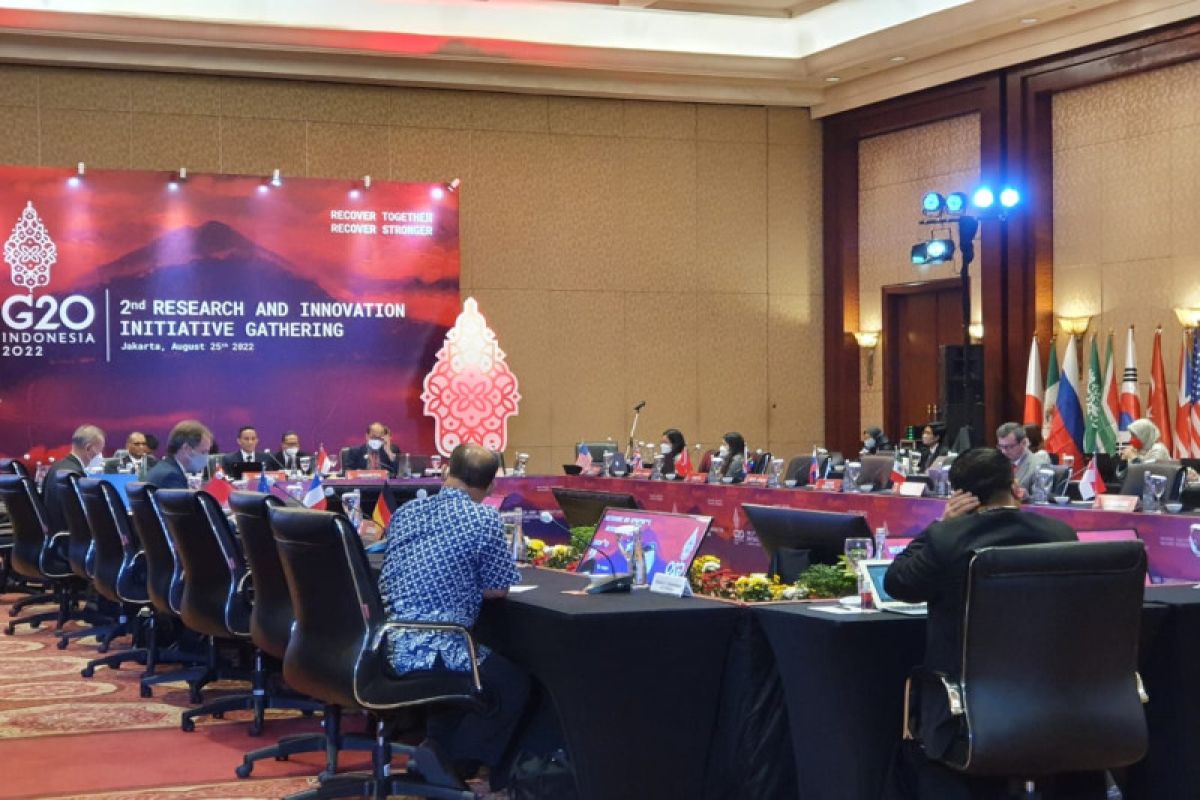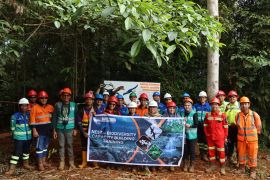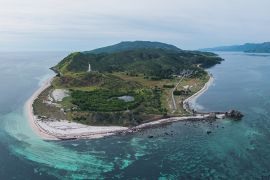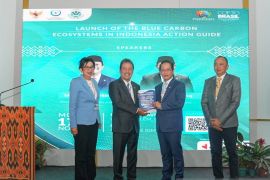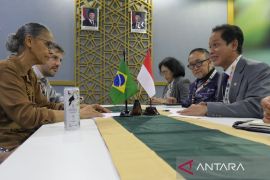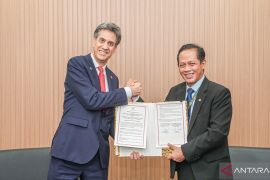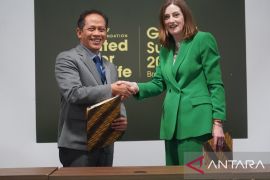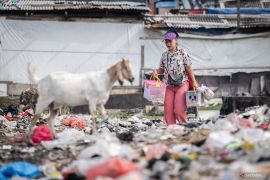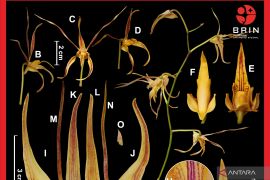One of the most important global problems today is the loss of biodiversityJakarta (ANTARA) - The National Research and Innovation Agency (BRIN) has said that it will collaborate with researchers and G20 member countries for conserving biodiversity through the sharing of facilities, infrastructure, and funding.
G20 Indonesia's 2nd Research and Innovation Initiative Gathering (RIIG) was organized on Thursday here for the preparation of the collaboration framework by BRIN and G20 member states.
The 2nd RIIG was themed “Enhancing Collaboration on Research and Innovation through Sharing Facilities, Infrastructure, and Funding.”
"One of the most important global problems today is the loss of biodiversity," BRIN head Laksana Tri Handoko said here on Thursday.
Related news: BRIN outlines issues related to natural medicine material availability
According to him, building a strong research and innovation ecosystem is one of the important agendas of the G20 for responding to global crises and challenges, which include the loss of biodiversity.
Loss of biodiversity negatively affects the earth's ecosystems as it threatens human well-being, prosperity, and security, he said. Biodiversity loss has worsened over time due to the unsustainable and irreversible use of natural resources.
"Earth citizens need to take responsibility for ensuring the sustainable use of biodiversity, as well as finding solutions to curb biodiversity loss," Handoko stressed.
While Indonesia has carried out conservation and restoration efforts, more advanced research and innovation in biotechnology are still needed.
Related news: BRIN developing AI for collecting biodiversity genomic data
Meanwhile, BRIN's deputy for research and innovation facilitation, Agus Haryono, said that currently, there are several research groups or institutions in the biodiversity field with varying missions and collaboration schemes.
The groups are Group of Senior Officials on Global Research Infrastructure (GSO on GRI), Global Research Collaboration for Infectious Diseases Preparedness (GLOPID-R), European Research Infrastructure (ERI), Global Biodiversity Information Facility (GBIF), and the ASEAN Center For Biodiversity (ACB).
"However, those research institutions do not specifically focus on sharing infrastructure, facilities, and funding for the conservation and sustainable use of biodiversity," Haryono pointed out.
Therefore, he said, RIIG has proposed the formation of the Global Biodiversity Research and Innovation Platform (GBRIP) that will support advanced and developing countries in carrying out biodiversity conservation.
Related news: Plantation sector can help overcome climate change: BRIN
Related news: Need to intensify phytopharmaca research, development: BRIN
Translator: Asep F, Kenzu T
Editor: Fardah Assegaf
Copyright © ANTARA 2022
